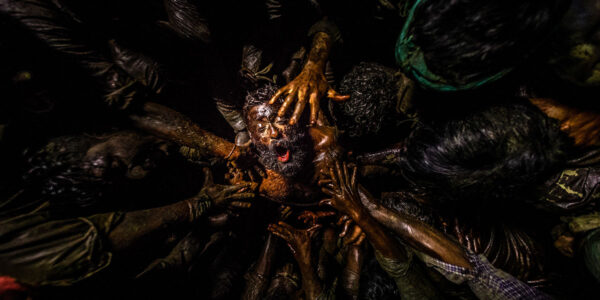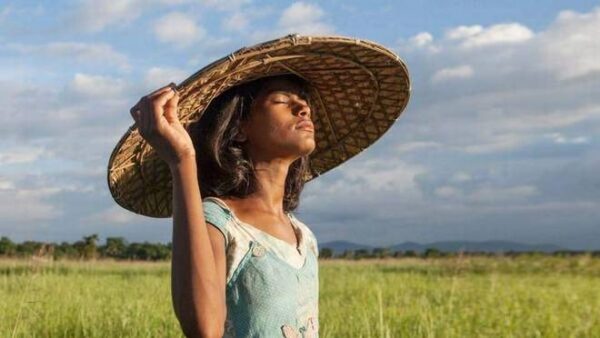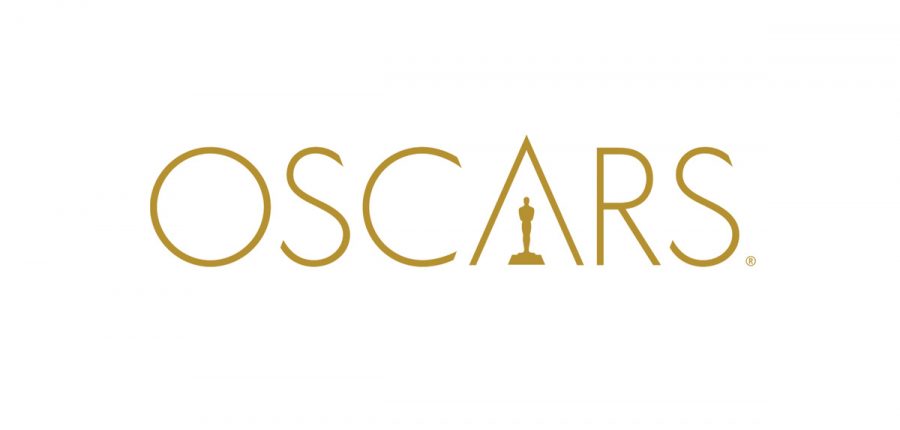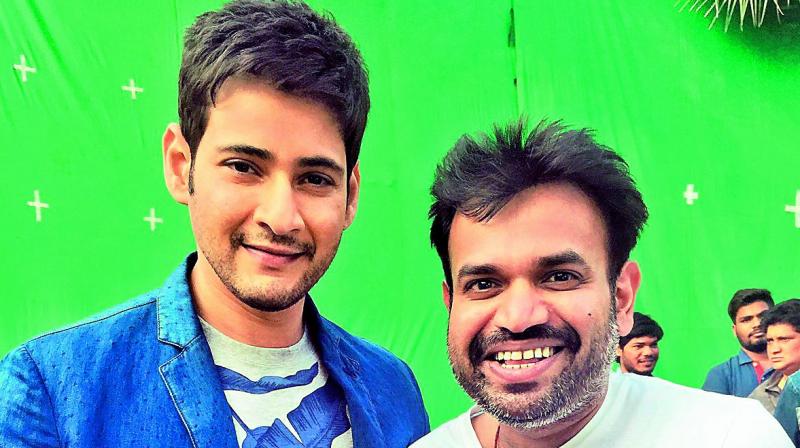Jallikattu, the 2019 independent Malayalam film was announced as India’s official entry for the 93rd Academy Awards on Wednesday. The Film Federation of India (FFI) said that the decision to send the Lijo Jose Pellissery directorial was taken by a 14-member committee.
The committee, chaired by Rahul Rawail, consisted of Abhishek Shah, Atanu Ghosh, C Umamaheswara Rao, Jayesh More, Kalaippuli S Thanu, Niraj Shah, Nirav Shah, P Sheshadri, Prabuddha Banerjee, Sabarni Das, Satarupa Sanyal, Shrinivas Bhanage, and Vijay Khochikar.
Jallikattu is about a bull who runs amok in a small village in Kerala, and how every man runs after it to capture it. While the idea of Jallikattu as a traditional game in Tamil Nadu is used as a running theme through the film, it is actually about human greed and what it entails.

The action film is based on S Hareesh’s short story Maoist. Hareesh has also written the screenplay for the film.
India’s entries at Oscars
India has been contesting in the category of Best International Feature Film since 1957. It was renamed this year from the earlier Best Foreign Language Film Category, after debates around the usage of the term ‘foreign’, which seemed to contradict the motive of adding inclusivity through the category. While India has skipped some years in the past, it has been consistent in the last two decades with regular entries every year.
Since 1957, Hindi films have dominated the entries with 32 entries so far, followed by eight in Tamil, three each in Malayalam and Marathi, two in Bengali and one each in Telugu, Gujarati, Urdu, and Assamese. However, in the last 10 years, six regional films, barring ones in Hindi, have been sent as India’s official entries at the Academy Awards.
Even the last decade saw four entries in Hindi, including the 2012 drama Barfi!. Directed by Anurag Basu, the story revolves around a deaf and mute boy, Barfi, and his relationship with two women, Shruti and Jhilmil, who is autistic. The film was India’s entry for Oscars in 2012. Both Barfi! and Gully Boy, which was India’s official entry at the Oscars in 2019, were commercially successful films. Directed by Zoya Akhtar, Gully Boy features actors Ranveer Singh and Alia Bhatt and revolves around an aspiring rapper, Murad, who hails from Mumbai’s Dharavi slums and fulfills his dream of becoming a successful rapper after beating all odds. The jury was headed by Bengali filmmaker Aparna Sen in 2019 and the decision had garnered mixed reactions on social media.

Liar’s Dice and Newton, two Hindi films that represented India at the Oscars did not fare well commercially but garnered critical acclaim. Liar’s Dice, which represented India in 2014, was Geetu Mohandas’ directorial debut and revolves around the lives of migrant workers and the exploitation that they face. The film stars Nawazuddin Siddique and Geetanjali Thapa in the lead. Newton is Amit V Masurkar’s dark comedy film which follows the life of Nutan, a government servant who is sent to a Naxal-dominated village in Chhattisgarh to conduct elections. It was India’s entry for Oscars in 2017.
Regional films’ share in India’s run for Oscars
Tamil films have had a better representation at the Oscars in comparison to other regional industries, with eight Tamil films being selected as official Indian entries.
However, Vetrimaaran’s Visaranai is the only Tamil film as India’s official entry in the last decade. The 2015 crime thriller deals with police brutalities and depicts the story of two men who are compelled into giving a confession.
Adaminte Makan Abu (2011) and was the second Malayalam film to have been submitted for the Oscars, making Jallikattu the third selection after nine years. Directed by Salim Ahamed, Malayalam drama film Adaminte Makan Abu revolves around an elderly Muslim couple, who plan on going for a Hajj pilgrimage. The husband is helped by villagers, hailing from different religious backgrounds, to fulfill his last wish.
Guru (1997) was the first to represent the Malayalam film industry.
Marathi films have also had scarce representation in the international arena, with only three entries so far. Chaitanya Tamhane’s 2014 film Court was the last Marathi film that was sent for Oscars in 2015. The courtroom drama is based on the death of a sewage worker who commits suicide.
Gujarati and Assamese language films have had one entry each so far.
Rima Das’s 2017 documentary film Village Rockstars was the only Assamese language film, so far, to have gained an entry into the Oscars 2018. The story revolves around a group of kids in a village who dream of starting their own band. The film is written, directed, edited, and produced by Das.

Gyan Correa directorial The Good Road is the only Gujarati film that was sent as India’s entry for Oscars 2013. It has several stories intertwined and connecting back to one focal point- a highway near a town in Kutch. The Gujarati film was contending against the Hindi film The Lunchbox, directed by Ritesh Batra, for Oscars. The film was selected by the FFI committee, that was chaired by Bengali filmmaker Goutam Ghose that year. The federation received flak from some filmmakers like Karan Johar, Guneet Monga and Anurag Kashyap who were co-producers of The Lunchbox.
They criticised the federation’s decision on the grounds that The Good Road had not garnered as much international recognition that was conducive to guarantee a nomination at the Academy Awards.
Recommended
Ghose responded by saying that the decision was unanimous and told the Times of India, “The Lunchbox has been appreciated at foreign festivals, has an international distributor like Sony Pictures Classics, and a good cast. That’s why it would have been easier to convince the Oscar jury. The producers of The Good Road have to work hard to catch international attention.”
The Good Road was sent to the Oscars for its “innate Indianness” but it failed to win a final nomination.
However, only three Indian films, all in Hindi, have made it to the top-five nominations so far- Mother India which was also India’s first entry in 1957, Salaam Bombay! (1988), and Lagaan (2001). India is yet to win an award in the category.



